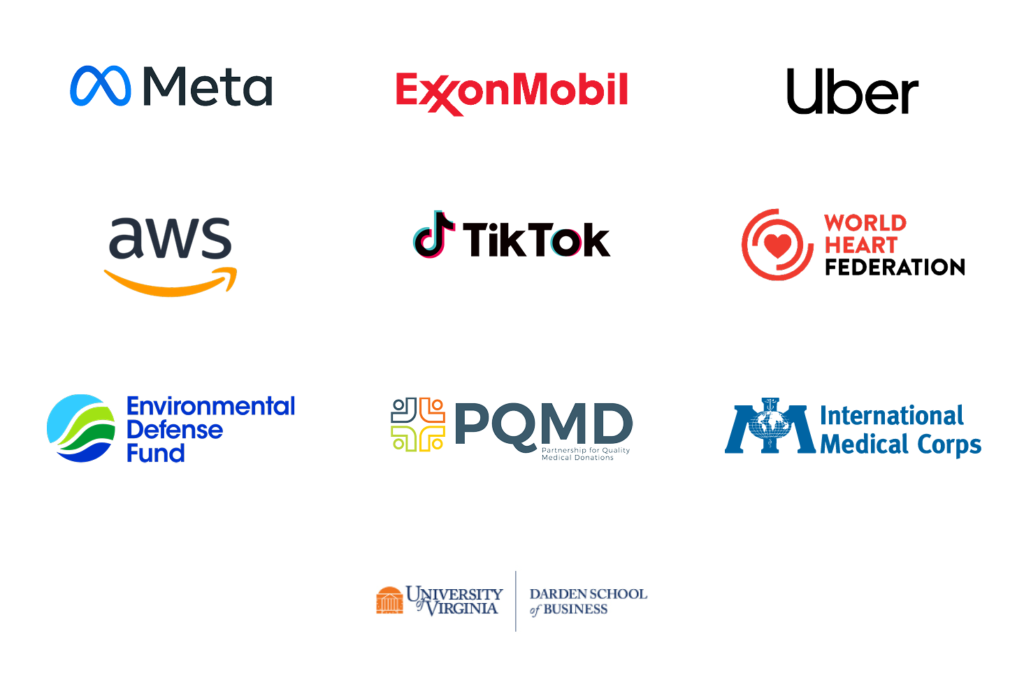Concordia Summit 2025

2025 Concordia Annual Summit
September 21-24, 2025 | New York City
Dear Friends,
Today, we are proud to share the first details of the 2025 Concordia Annual Summit with you and celebrate what will be a milestone moment on our 15th anniversary. This year’s gathering will be a tribute to 15 years of collaboration and connection.
What began as a gathering of around 100 people has evolved into a global community, bringing together heads of state and government, CEOs, and experts from around the world. Over the years, we have expanded our reach, hosting summits, roundtables, and events across continents. Concordia has become a place where leaders and emerging leaders from every sector—government, industry, and civil society—convene to produce market-based solutions. What we set out to achieve 15 years ago has not only been realized but, in many ways, has evolved with the times.
More than just an event, Concordia has established itself as an institution—one built on the exchange of ideas, the pursuit of pragmatic solutions, and a shared commitment to advancement. This would not be possible without you. Whether you’ve joined us as an honored guest, speaker, partner, sponsor, or patron, your voice has shaped our mission, strengthened our community, and built a lasting influence.
We both look forward to seeing you at the summit this September, where we can celebrate your work and prepare for an even greater future. Our team is already hard at work ensuring that this year’s summit is worthy of such a milestone.
Below, you’ll find our refined set of themes for this year’s discussion. We look forward to your leadership and expertise in answering some of the questions we’ve posed and what topics you’ll bring to the summit.
2025 Annual Summit Programming Themes
Discussion themes have been revamped and consolidated to improve programming during the summit, below you will find some of the questions we will be asking for each category. We invite you to start talking with Concordia’s team to develop your programming at the summit.
Global Economy and Trade
How can inclusion strategies empower diverse communities and bolster the global economy?
How can innovation create more resilient, sustainable, and inclusive trade practices?
How will current trade disputes effect national, regional, and global economic policy?
Democracy, Security & Geopolitical Risk
How can political parties in divided countries come together to combat the rampant mis- and disinformation across all societal discourse levels?
How can initiatives designed to situate underrepresented voices as key actors in preventing conflict, promoting peace, and countering violent extremism effect change?
What role does technology like artificial intelligence play in navigating geopolitical risk and policy-making?
How can sectors and multilateral organizations work together to strengthen democracy and national security in a time fraught with threats and conflict?
Environmental Sustainability & Natural Resources
What are the common misconceptions surrounding this transition?
What challenges must be overcome to garner broader support for a low-emissions future?
Health Opportunities & Challenges
How can we ensure that advancements in AI and preventative care are accessible to underserved communities?
What steps can be taken to align technology innovation with policies that address systemic health disparities?
Advancing Human Rights and Social Progress
How can stakeholders work together to amplify diverse voices, leverage cultural exchange, and harness youth leadership to uphold human rights, foster trust, and build a more just and inclusive global society?
How can youth advocates improve conditions related to gender inequality and child labor?
Innovative Technology
How can AI be leveraged to bridge these gaps, ensure equitable growth in a digitized economy, and strengthen digital infrastructure for workforce development while maintaining public trust and ethical standards?
Concordia is already welcoming organizations to this year’s lineup, don’t miss the opportunity to be included in promotion well ahead of September. Below, you will find some of our partners and sponsors that are already joining us and planning their participation.
With thanks to our Founding Sponsor
This year will be an incredible celebration alongside our incredible community. For organizations interested in participating in the Annual Summit, please contact membership@concordia.net or partnerships@concordia.net.

